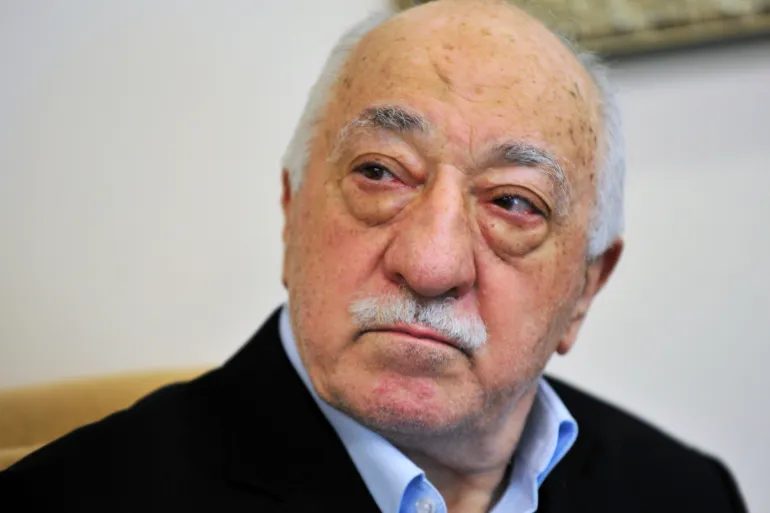
Fethullah Gülen, the Turkish Muslim leader accused by Ankara of orchestrating the 2016 failed coup, has passed away in the US, according to Turkish media and a website affiliated with Gülen.
Gulen’s sermons’ website, Herkul, announced on Monday via X that Gülen died Sunday evening in the hospital where he received treatment.
Gulen founded Hizmet, a prominent Islamic movement in Turkey and globally, but his later years were marred by accusations of plotting against President Recep Tayyip Erdogan, which he denied.
Initially an ally, Gülen’s dramatic fallout with Erdogan led to Erdogan blaming him for the coup attempt, involving rogue soldiers using warplanes, tanks, and helicopters, resulting in 250 deaths.
Since 1999, Gülen lived in self-imposed US exile. Fethullah Gülen, revered by his followers as Hodjaefendi or esteemed teacher, was born in 1941 in a rural village within eastern Turkey’s Erzurum province.
As the son of an imam, Gülen began his Quranic studies at a tender age, laying the groundwork for his future as a distinguished Islamic scholar. Gülen’s scholarly journey commenced in 1959 when he was appointed a mosque scholar in the northwestern city of Edirne; he later gained prominence in Izmir during the 1960s.
In Izmir, Gülen established student dormitories and engaged in preaching at local tea houses, thereby sowing the seeds of a vast network spanning education, business, media, and state institutions.
This network would eventually expand Gülen’s influence beyond Turkey’s borders, reaching the Turkic republics of Central Asia, the Balkans, Africa, and the West through an extensive school network.
Gülen’s once-strong alliance with President Erdogan and the AK Party began to fray in December 2013, triggered by corruption investigations targeting ministers and officials close to Erdogan.
Prosecutors and police affiliated with Gülen’s Hizmet movement were widely suspected of driving these investigations, prompting an arrest warrant for Gülen in 2014 and the designation of his movement as a terrorist group following the 2016 coup attempt.
Erdogan vehemently condemned Gülen’s network as treacherous and “cancerous,” vowing to eradicate it; consequently, hundreds of Gülen-linked schools, companies, media outlets, and associations were shut down, and assets confiscated.
Fethullah Gülen became increasingly isolated in Turkey, facing intense backlash from Erdogan’s supporters and opposition groups who believed his network had secretly undermined the country’s secular foundations for decades.
Gülen strongly condemned the coup attempt, stating, “As someone who suffered under multiple military coups, it’s especially insulting to be linked to such an attempt.” He denied any involvement, emphasizing his past experiences under military rule.
Following the coup, the government launched a crackdown on Gülen’s alleged followers, resulting in 77,000 arrests and 150,000 suspensions of state workers, including teachers, judges, and soldiers, under emergency rule. Companies and media outlets linked to Gülen were seized or shut down.
The Turkish government justified its actions as necessary to counter the threat posed by the coup. Gülen had traveled to the US for medical treatment but remained there due to a pending criminal investigation in Turkey.
Ankara repeatedly sought Gülen’s extradition from the US. In a 2017 interview with Reuters, Gülen stated he wouldn’t flee the US to avoid extradition, speaking from his Pennsylvania compound.
Source: https://www.aljazeera.com/








